This post may contain affiliate links, meaning I can earn a small commission from items you purchase (at no cost to you).
Making homemade coconut milk is easy and only needs two ingredients, simple kitchen tools, and about 20 minutes of your time. As a result, you’ll find the end result to be a creamy, dairy-free milk with no gums, artificial flavors or sweeteners. Let’s learn how to make coconut milk and my fav ways to use it.
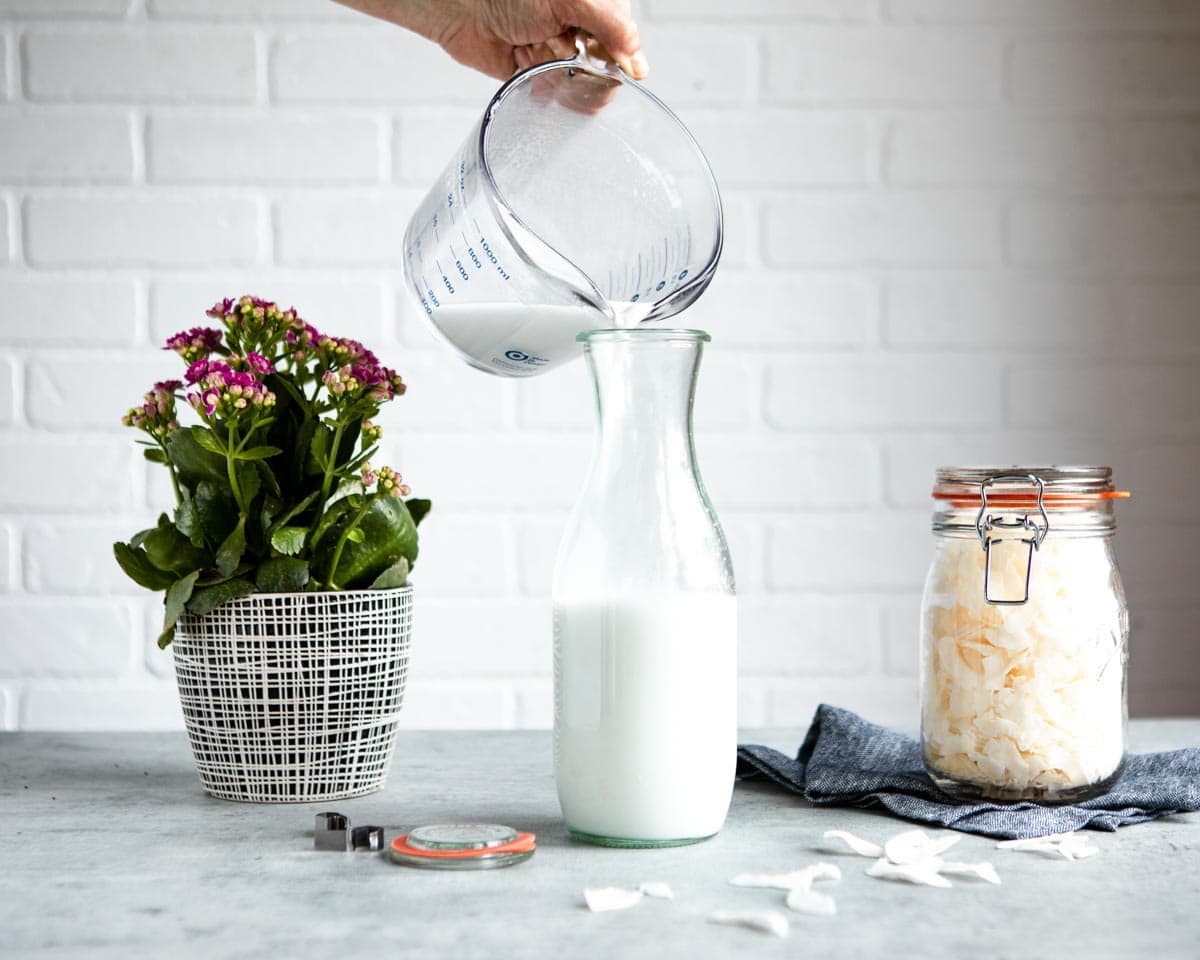
Knowing how to make my own plant-based milk helps me even when buying store-bought milk! If I’m in a pinch and need to get milk from the store, I know to look for limited ingredients as well as no fillers or sweeteners. Let’s be honest though… once you make your own coconut milk, you’ll never wanna buy it from the store again!
Table of Contents
Making Homemade Coconut Milk
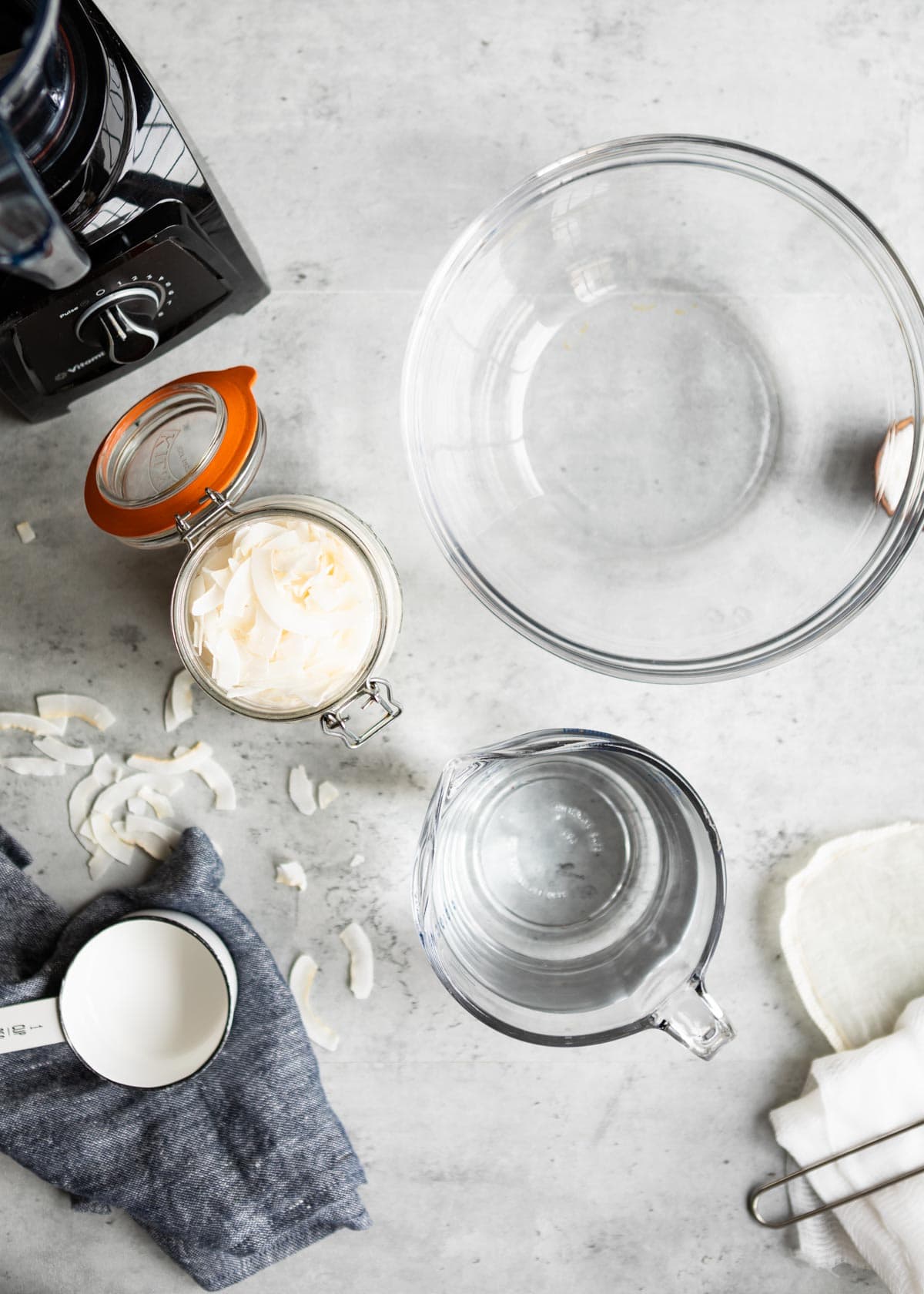
Once again, it can be difficult to find milk that’s free of additives, stabilizers, and gums (I’m looking at you carrageenan!) to use in recipes that call for coconut milk. Yet, never fear! Your blender’s here! All you need to make this homemade version is:
- 1 cup dried, unsweetened coconut
- 3 cups boiling filtered water
- Pinch of sea salt (optional!)
- High speed blender
- Cheesecloth, tea towel, or nut milk bag
- Mesh strainer
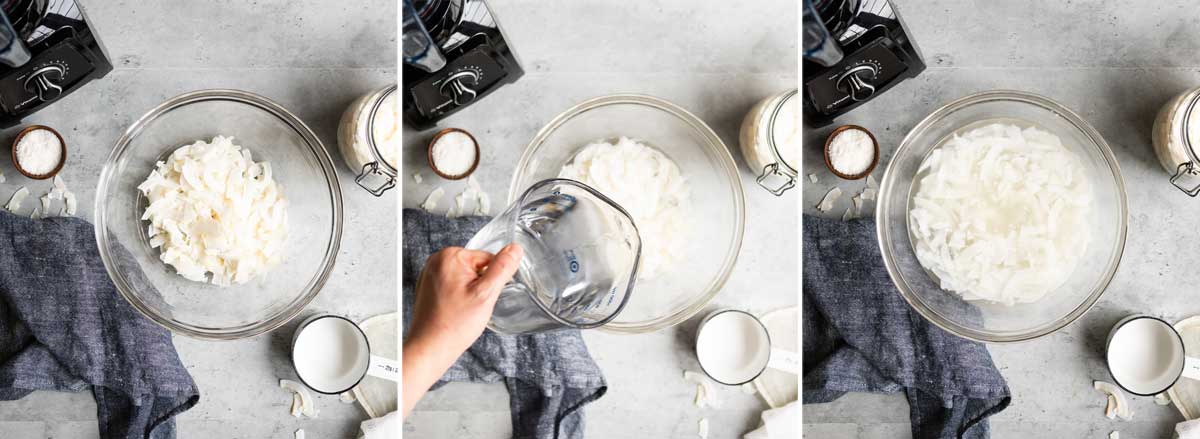
Now let’s get milking!
- Place the shredded coconut in a bowl of boiling water. Stir to encourage the flakes to stay submerged. They will naturally absorb some of the hot water during soaking, which will break down the flakes to a creamy goodness.
Cream is the best sort of homemade coconut milk, don’t you agree?
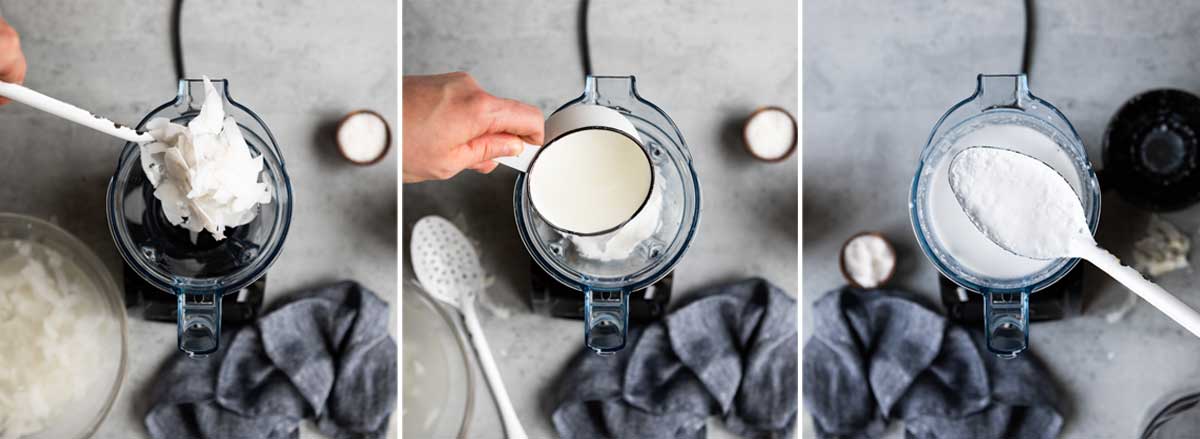
2. Blend. The #1 appliance in my kitchen is my blender. In addition to using it for my daily green smoothie, I use it for homemade hummus, pancakes and yep, even milk from plants.
A high speed blender will break apart coconut flakes the best, and gets you as many nutrients possible. I recommend checking out my blender guide if your blender isn’t up to the challenge.
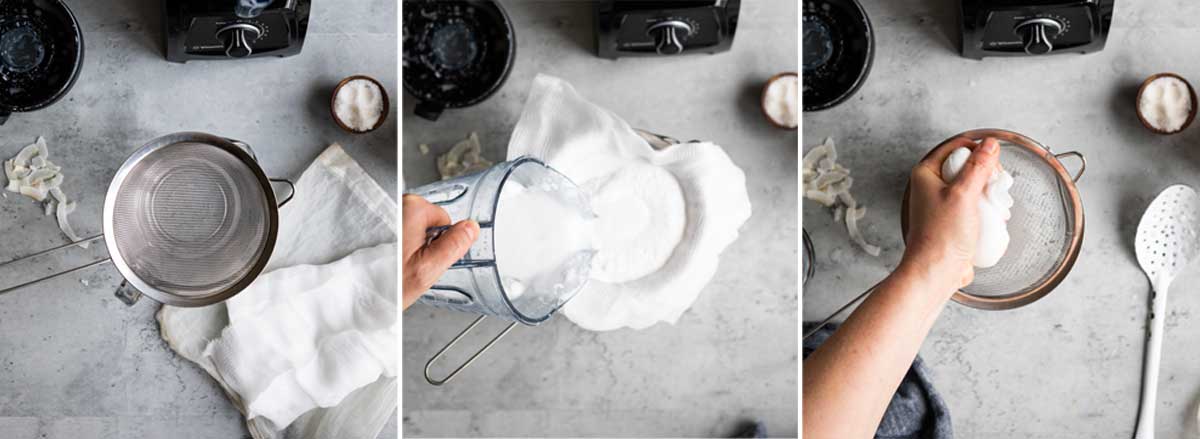
3. Strain your milk like a pro…Having a two-layered strainer will get you the creamiest results. To do this, I use a mesh strainer and a nut milk bag. Just place a strainer over a bowl and line with cheesecloth or a nut milk bag. Gather the cloth at the top, twist and gently squeeze as much milk from the solids as possible. The remaining coconut pulp should be fairly dry.
Pro tip: if you want a thicker milk, just use a cheese cloth. You may get a bit of ‘pulp’ from the coconut yet you’ll also get a creamier finished product.
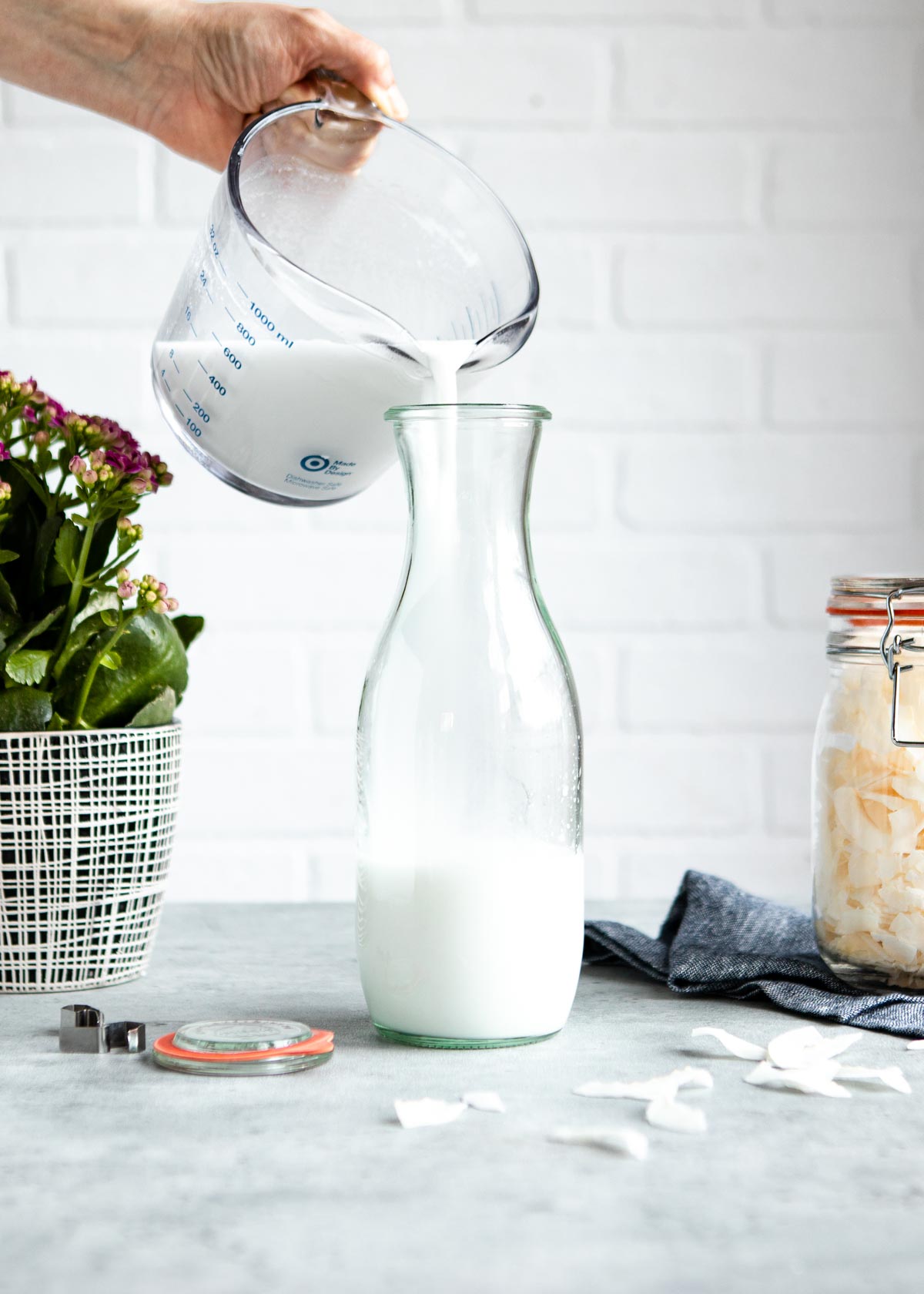
How to Store Plant Milk
Transfer your freshly made beverage to an airtight jar or bottle and refrigerate until ready to use. The milk will keep 3-4 days, maybe a little longer. As a result of the (healthy!) fat content, the milk will separate into layers, so be sure to shake before using.
The top most layer is the coconut cream. In addition to other uses, it can be spooned off for recipes calling for the full-fat version.
Where Does Coconut Milk Come From?
After all, former FDA commissioner Scott Gottlieb said, “almonds don’t lactate“. Of course we’re talking about coconut here, yet the same confusion applies. Actually, according to the Smithsonian Magazine, the word lactate actually comes from the Latin root word of lettuce – meaning the milky white juice that comes out of certain plants.
In addition, various types of non-dairy milk, have been staples in Southeast Asian, African and Indian cuisines for ages.
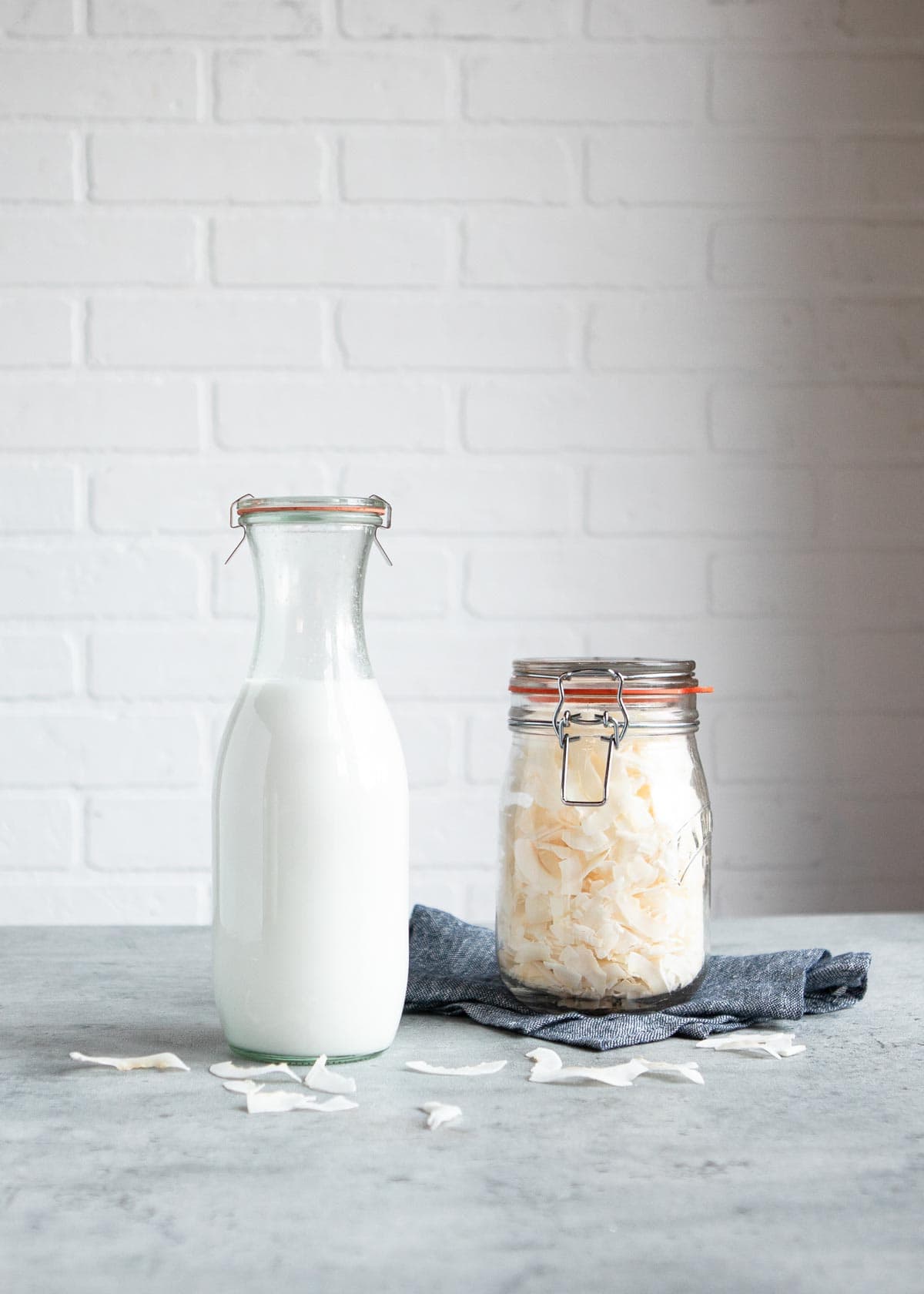
Homemade vs. Store Bought
Meanwhile which is better? Recently we tested as many store bought almond milk, oat milk, and coconut milk brands as we could find in Central Florida to see which were best. When it comes to buying from the store, we’d def avoid brands that contain additional sugar, gums, fillers or those always mysterious ‘natural flavors’.
While there are always decently healthy options out there, if you want to know for sure what’s in your milk and going into your body – I’d opt for homemade when possible.
How to Use Coconut Milk
And speaking of recipes that use coconut milk, can I share a few? This particular kind of plant based milk is one of my favs to use, especially in dessert leaning recipes because it has a natural touch of sweetness. Now that you’ve made some of your own, give these a try:
- Veggie bowl with coconut sriracha sauce – the secret’s in the sauce here
- Turmeric golden milk – a warm + comforting bedtime drink
- Coconut joy vegan smoothie bowl – a plant based option to your candy bar addiction
- Blackberry coconut sorbet – refreshing on a warm spring or summer day
- Healthy peach smoothie – quick, easy and oh so delicious
- Coconut milk smoothie cubes – boosting your smoothie with healthy fat + a touch of protein
Don’t forget to rate + review this recipe once you’ve tried it. I wanna know how yours turns out!
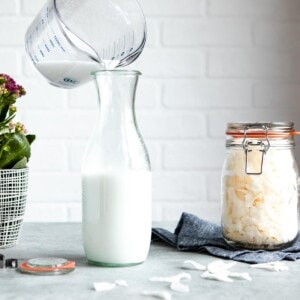
How to Make Coconut Milk
Ingredients
- 1 cup raw coconut flakes
- 3 cup water boiling
- pinch sea salt, unrefined
Instructions
- Place coconut in a pot of boiling water and allow coconut to soak for a minimum of 10 minutes.
- Add to blender and carefully blend until smooth.
- Place a strainer over a bowl and line with cheesecloth, tea towel or pour into a nut milk bag, and allow the coconut milk to drop down into the bowl.
- Gather the cloth at the top, twist and gently squeeze as much coconut milk from the solids as possible. The remaining coconut pulp should be fairly dry. (The pulp can be added to baked goods and smoothies for extra fiber.)
- Transfer to an airtight jar or bottle and refrigerate until ready to use.
Helpful Tools
Notes
- Less water can be used for thicker, creamier coconut milk.
- The coconut milk will keep 3-4 days, maybe a little longer.
- Shake well before using. The milk will separate into layers. The topmost layer is coconut cream. It can be spooned off for recipes calling for full-fat coconut milk.
- This coconut milk recipe makes a similar product to refrigerated carton coconut milk from the store. It doesn’t have the fat content in canned coconut milk.

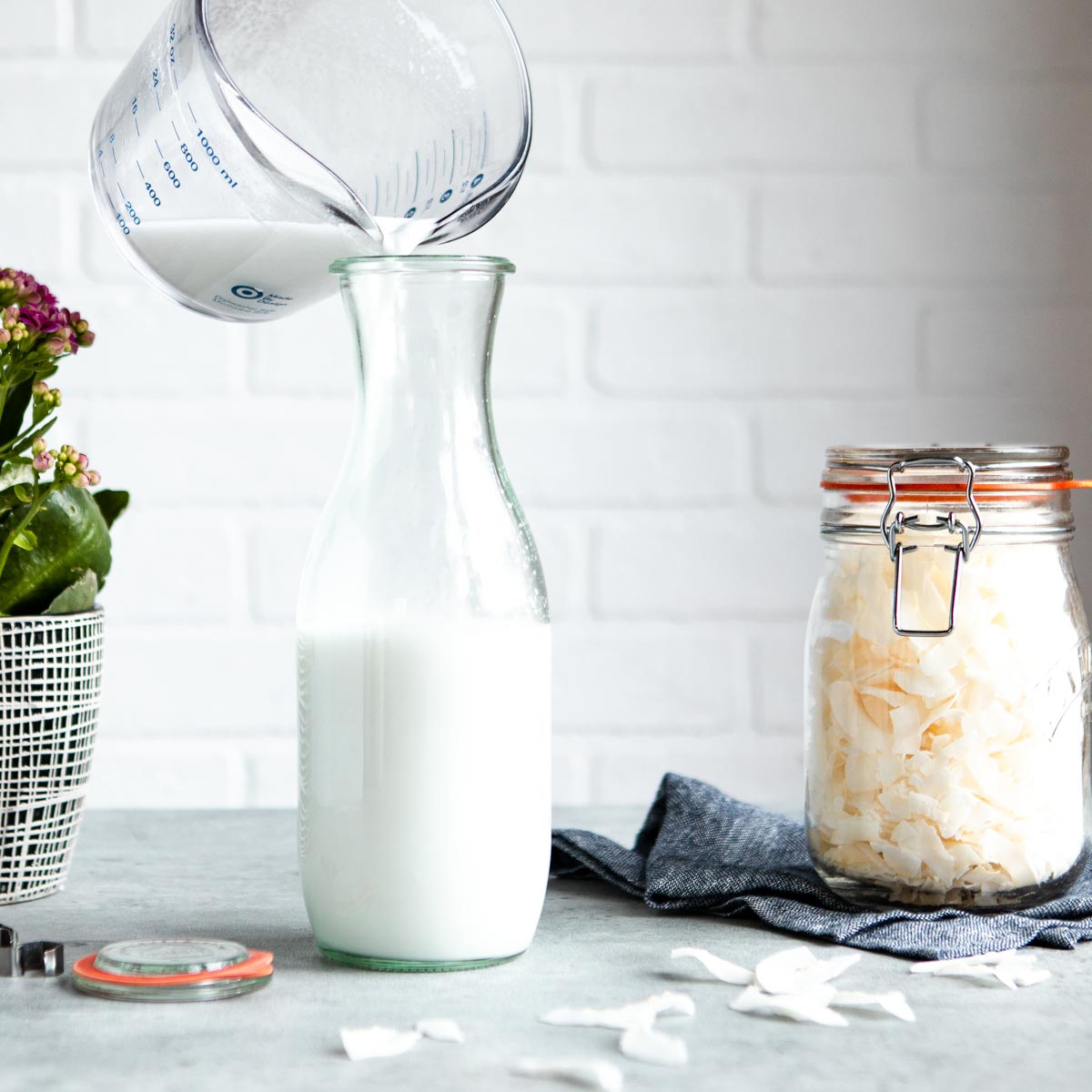
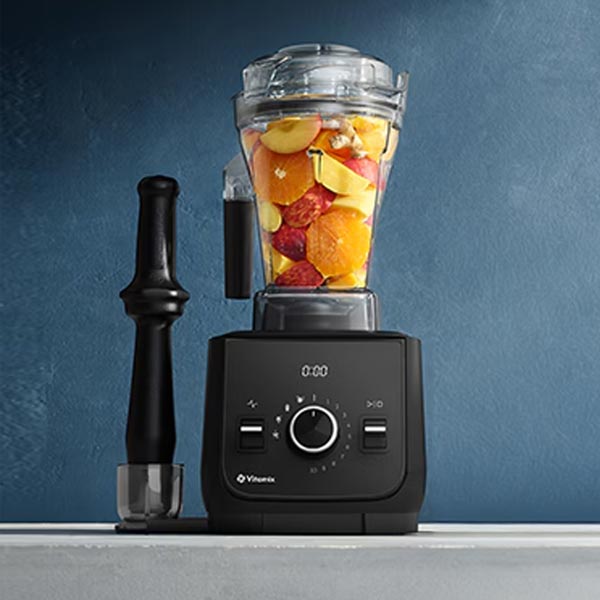
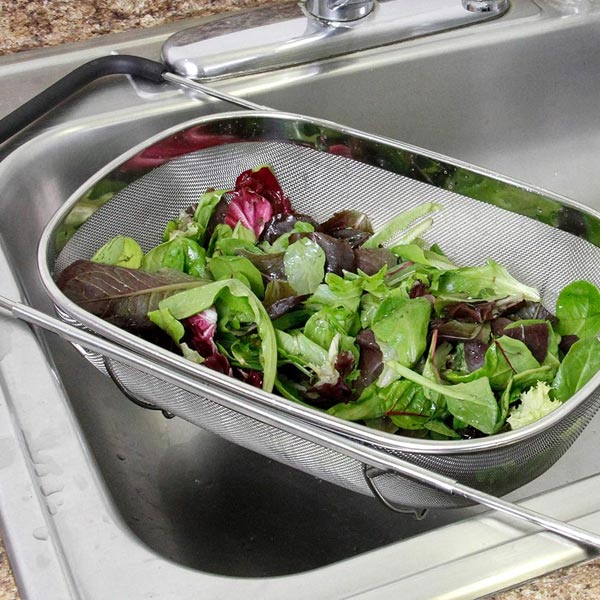
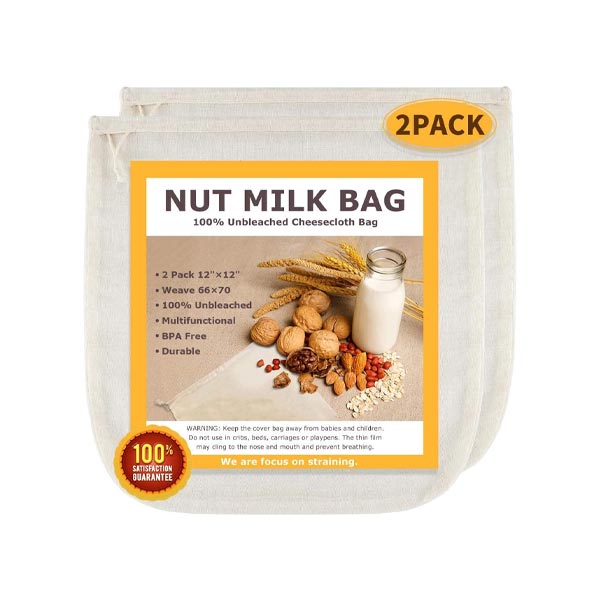
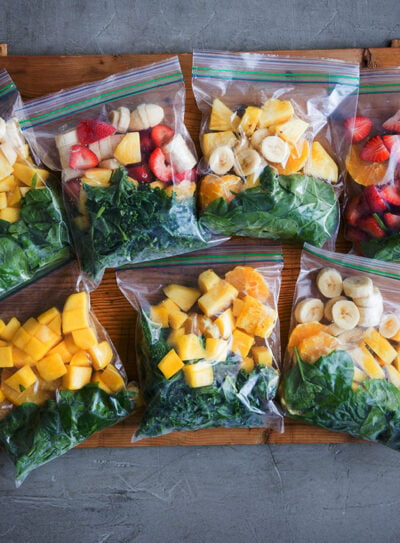
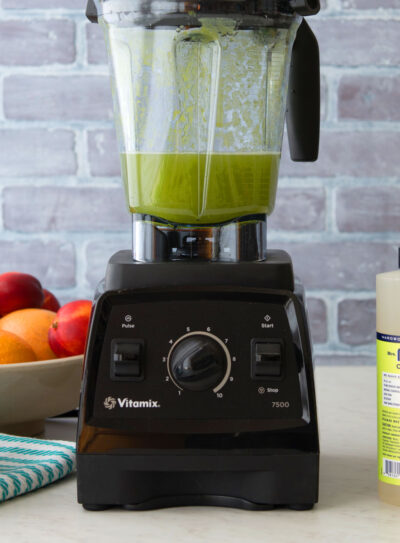
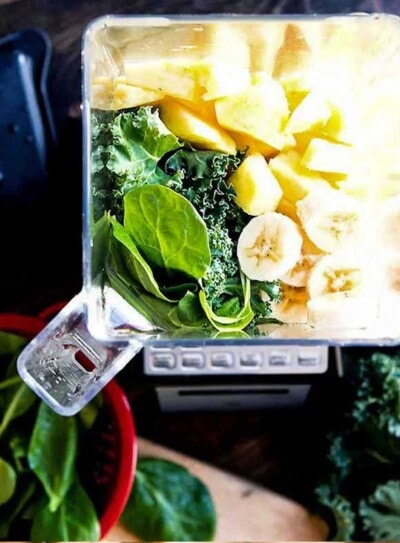
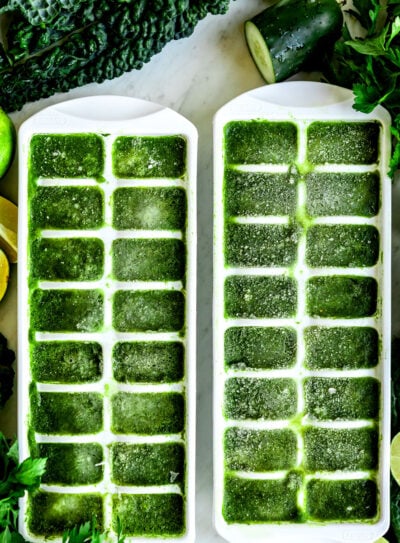
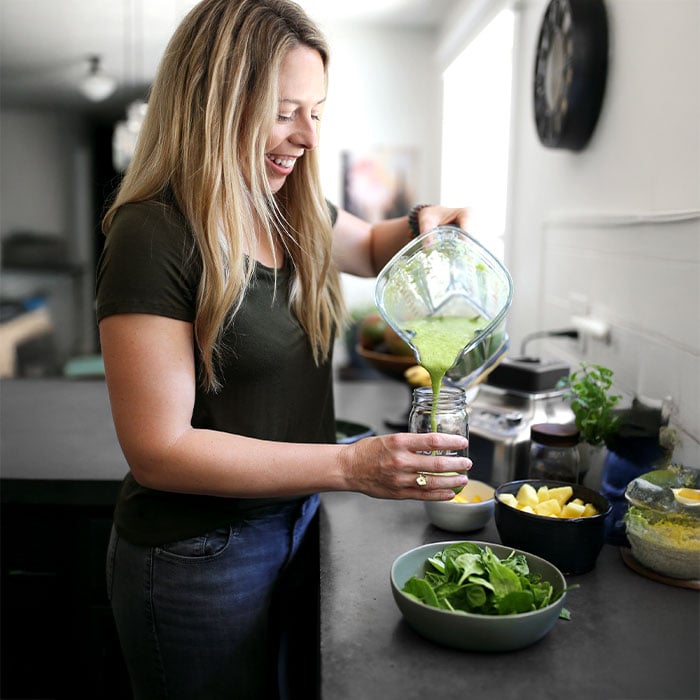









Question. I want to thank you for sharing your knowledge. I’m excited about makin my own milk. At first I was more reserved, but now it’s exciting. I’m so very thankful for all your help. Why do you put it into boiling water? Doesn’t that kill enzymes? What is the temperature line that you can’t cross before something goes from being alive to dead? Baruch
Hi Kimberly! You can definitely heat up water not quite to boiling and it will turn out fine. I find that boiling helps in the sense that when blended it’s not as “pulpy”. Hope this helps!
How long do you soak the coconut in the hot water? Is more water added before putting in the blender?
Hi there Joyce,
Go ahead and soak the coconut flakes for a minimum of 10-minutes, until soft. You’ll transfer the coconut flakes with the same 3 c soaking water to a blender. If you want a thicker coconut milk, you could leave some of the soaking water out. I hope this helps!
I’ve been using your recipe for years and think it’s time to let you know how much I love it. It’s easy, the taste is amazing and I feel great knowing there’s no additives (like gums or sweeteners). I use it for smoothies mostly because I like how coconut milk goes together with almond milk. I still used canned coconut milk for soups- because you can’t beat the silky texture it creates. Thanks Jen!
Homemade is just the best thing ever, isn’t it Diane? We are so excited that you’ve been using this recipe for so long and that you love it as much as we do. Glad you’re part of our community here! <3
I was just looking for this recipe so I could make the lemon smoothie again, but with a coconut milk base. Such a good recipe!
Wow! I had no clue it was THIS easy to make coconut milk. I def like the canned stuff, but its super high in fat and this a great option for cereal and hot cocoa 🙂
I’m not really super skilled in the kitchen, but I totally feel like I could do this!
I’m excited to try this recipe!